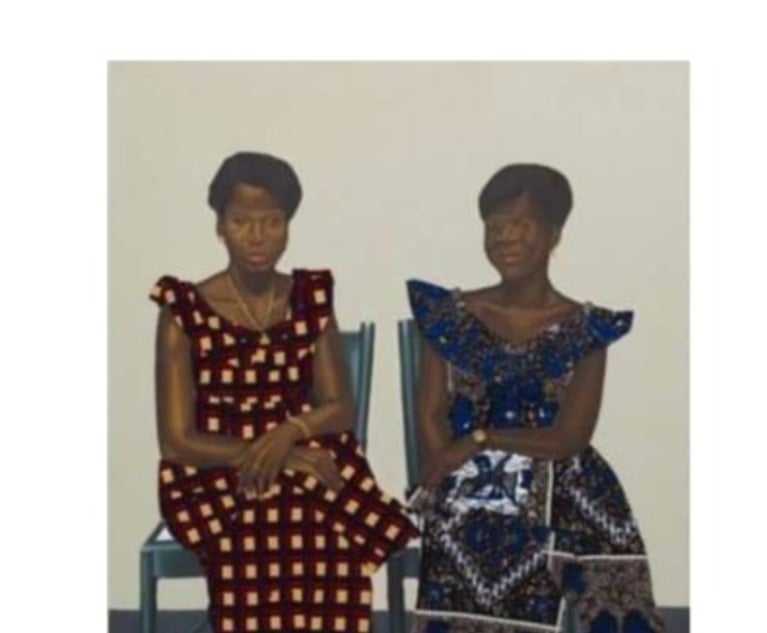This article is the second in a four-part series that examines how litigation—and, more specifically, its results—can shape the evolution of best practices in the real estate industry. As noted in the first article (which discussed some of the hazards of statutes of limitations), because of the case law’s influence on the way business is conducted, the ripples of a dispute can extend far beyond the facts of any single case.
This second article will focus on a common feature of many commercial lease transactions: the so-called “good guy guaranty.” Recent case law counsels a fresh look at how such guaranties are drafted. Here’s why.







